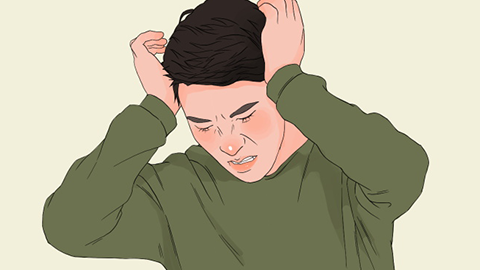What are the symptoms of brain metastasis in pancreatic cancer?
Symptoms of brain metastasis from pancreatic cancer include increased intracranial pressure, neurological dysfunction, altered mental status, seizures, and language or cognitive impairments. The specific manifestations are closely related to the location, size, and number of brain metastases. If a patient with pancreatic cancer develops symptoms such as headache, vomiting, or limb weakness, they should seek immediate medical evaluation.

1. Symptoms related to increased intracranial pressure: The most common symptom is persistent headache, typically worse in the early morning or during physical exertion, often accompanied by projectile vomiting. Some patients may experience blurred vision; in severe cases, papilledema (swelling of the optic disc) can lead to progressive vision loss or even blindness.
2. Neurological dysfunction: Manifestations vary depending on the location of the metastatic lesions. These may include numbness or weakness in limbs (often unilateral), unsteady gait, and clumsy movements. If facial nerves are involved, symptoms such as facial numbness or facial drooping may occur.
3. Altered mental status: Patients may exhibit mood swings, irritability, depression, or emotional indifference. Some individuals may become drowsy or confused, and in severe cases, progress to impaired consciousness—including somnolence, stupor, or even coma—significantly affecting communication and daily functioning.
4. Seizures: Some patients may experience sudden-onset seizures characterized by limb convulsions, frothing at the mouth, and loss of consciousness. The frequency and severity of seizures may increase as the disease progresses. Immediate protective measures should be taken during an episode to prevent injury.
5. Language and cognitive impairments: If metastases affect language centers, patients may struggle to speak, have difficulty expressing themselves, or experience comprehension deficits. Involvement of cognitive areas may result in memory decline, poor concentration, or inability to recognize familiar people or objects.
In daily care, patients should be provided with a quiet and comfortable environment, avoiding strong light and noise. Assistance with daily activities is essential to prevent falls. Close monitoring of consciousness and motor function changes is necessary. Medications should be administered as prescribed, and if seizures occur, prompt protection and medical attention are required.




